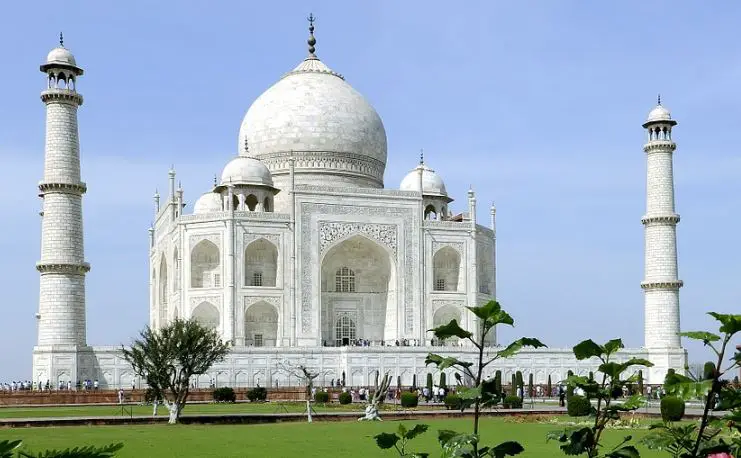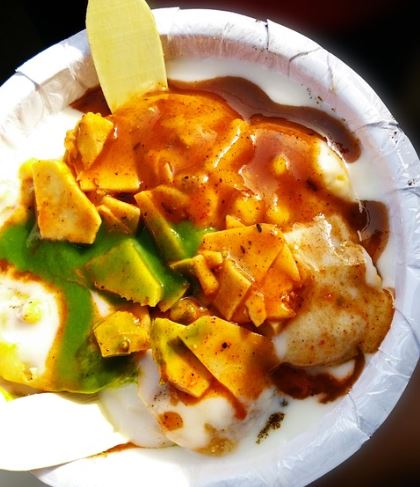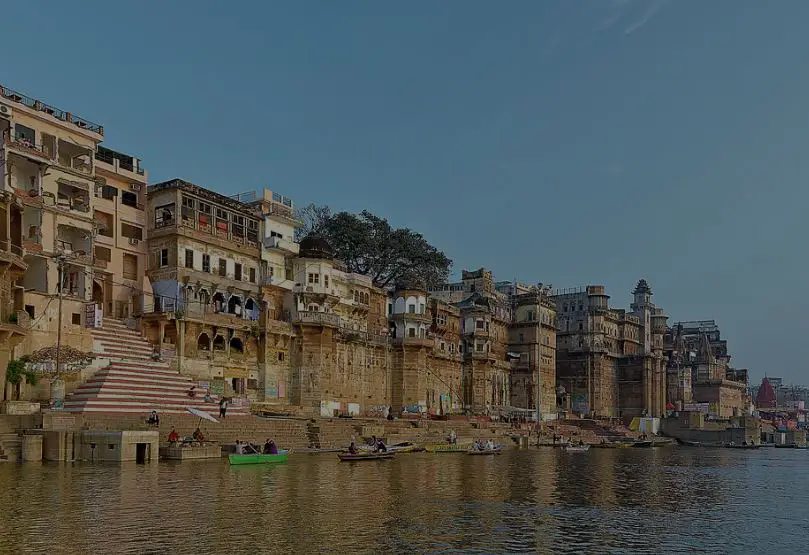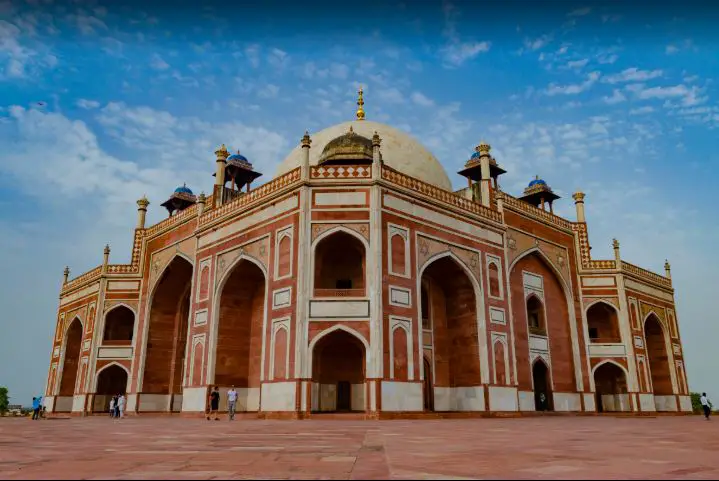Yes, you can definitely visit museums and exhibits on traditional Indian medicine! From ancient Ayurveda and Unani to modern Siddha, these unique museums offer you a chance to explore the fascinating history of traditional Indian medicine and its invaluable contribution to the world. While planning your trip, take note of any
that may impact your itinerary, such as limited access to certain regions or attractions.
Can I visit museums and exhibits on traditional Indian medicine?
Yes, there are various museums and exhibits dedicated to traditional Indian medicine where you can explore the rich history and practices of ancient healing systems like Ayurveda and Siddha. These museums provide valuable insights into the traditional healing methods and showcase the medicinal herbs, equipment, manuscripts, and artifacts associated with Indian medicine.
Examples of Museums and Exhibits:
1. Ayurvedic Museum, Coimbatore: This museum showcases the evolution and significance of Ayurveda through displays of ancient texts, traditional medicines, treatment instruments, and detailed information on medicinal plants.
2. All India Institute of Ayurveda Museum, New Delhi: This museum exhibits various aspects of Ayurveda, including ancient scriptures, medicinal plants, traditional tools, and audio-visual presentations.
3. National Museum, New Delhi: While not solely dedicated to Indian medicine, the National Museum houses a separate section displaying Ayurvedic tools, illustrations, and manuscripts from different time periods.
4. Government Museum, Chennai: This museum features a section highlighting Siddha medicine, one of the oldest healing systems in India, with exhibits of ancient texts, medicinal preparation tools, and sculptures related to Siddha philosophy.
5. Indian Museum, Kolkata: Although primarily a general museum, it has a section devoted to traditional Indian medicine, displaying ancient manuscripts, medical instruments, and sculptures related to Ayurveda and other alternative healing techniques.
Benefits of visiting these museums and exhibits:
1. Learning Opportunities: These museums provide an opportunity to learn about the principles, practices, and historical development of traditional Indian medicine.
2. Cultural Insight: Exploring these exhibits offers insights into India's rich cultural heritage and its deep-rooted connection with natural healing practices.
3. Preservation of Knowledge: Museums play a crucial role in preserving and showcasing ancient manuscripts, tools, and artifacts related to traditional Indian medicine, ensuring the knowledge is passed down to future generations.
4. Educational Value: Visitors can enrich their knowledge about medicinal plants, treatment methods, and the holistic approach of Indian medicine.
5. Appreciation of Diversity: Understanding different healthcare systems helps in fostering appreciation for diverse approaches to medicine and wellness.
While planning your trip, take note of any
travel restrictions that may impact your itinerary, such as limited access to certain regions or attractions.









